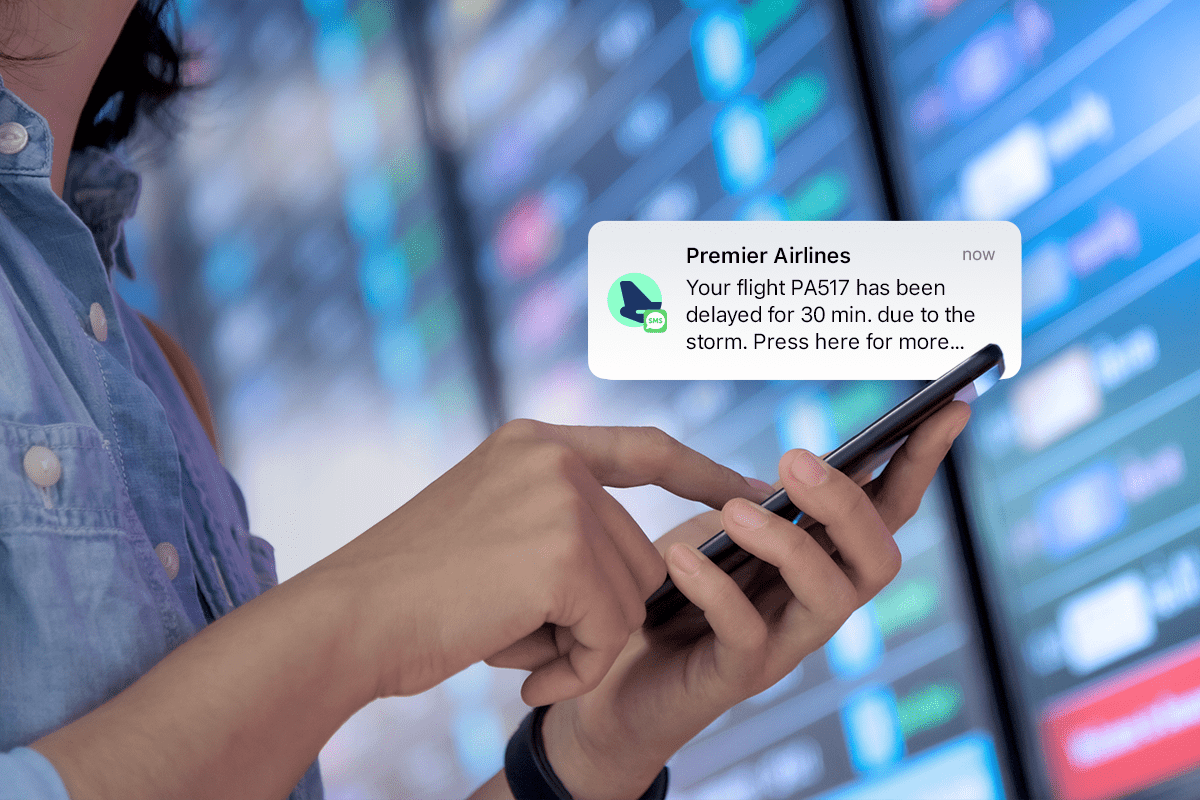New technologies have always been disruptive, supercharging those firms that embrace it and requiring the others to adapt or be left behind.
With the rise of new approaches to AI, such as large language models, we can see this dynamic playing out again. One place where AI assistants could have a major impact is in the hotel industry.
In this piece, we’ll explore the various ways AI assistants can be used in hotels, and what that means for the hoteliers that keep these establishments running.
Let’s get going!
What is an AI Assistant?
The term “AI assistant” refers to any use of an algorithmic or machine-learning system to automate a part of your workflow. A relatively simple example would be the autocomplete found in almost all text-editing software today, while a much more complex example might involve stringing together multiple chain-of-thought prompts into an agent capable of managing your calendar.
There are a few major types of AI assistants. Near and dear to our hearts, of course, are chatbots that function in places like contact centers. These can be agent-facing or customer-facing, and can help with answering common questions, helping draft replies to customer inquiries, and automatically translating between many different natural languages.
Chatbots (and large language models more generally) can also be augmented to produce speech, giving rise to so-called “voice assistants”. These tend to work like other kinds of chatbots but have the added ability to actually vocalize their text, creating a much more authentic customer experience.
In a famous 2018 demo, Google Duplex was able to complete a phone call to a local hair salon to make a reservation. One remarkable thing about the AI assistant was how human it sounded – its speech even included “uh”s and “mm-hmm”s that made it almost indistinguishable from an actual person, at least over the phone and for short interactions.
Then, there are 3D avatars. These digital entities are crafted to look as human as possible, and are perfect for basic presentations, websites, games, and similar applications. Graphics technology has gotten astonishingly good over the past few decades and, in conjunction with the emergence of technologies like virtual reality and the metaverse, means that 3D avatars could play a major role in the contact centers of the future.
One thing to think about if you’re considering using AI assistants in a hotel or hospitality service is how specialized you want them to be. Although there is a significant effort underway to build general-purpose assistants that are able to do most of what a human assistant does, it remains true that your agents will do better if they’re fine-tuned on a particular domain. For the time being, you may want to focus on building an AI assistant that is targeted at providing excellent email replies, for example, or answering detailed questions about your product or service.
That being said, we recommend you check the Quiq blog often for updates on AI assistants; when there’s a breakthrough, we’ll deliver actionable news as soon as possible.
How Will AI Assistants Change Hotels?
Though the audience we speak to is largely comprised of people working in or managing contact centers, the truth is that there are many overlaps with those in the hospitality space. Since these are both customer-service and customer-oriented domains, insights around AI assistants almost always transfer over.
With that in mind, let’s dive in now to talk about how AI is poised to transform the way hotels function!
AI for Hotel Operations
Like most jobs, operating a hotel involves many tasks that require innovative thinking and improvisation, and many others that are repetitive, rote, and quotidian. Booking a guest, checking them in, making small changes to their itinerary, and so forth are in the latter category, and are precisely the sorts of things that AI assistants can help with.
In an earlier example, we saw that chatbots were already able to handle appointment booking five years ago, so it requires no great leap in imagination to see how slightly more powerful systems would be able to do this on a grander scale. If it soon becomes possible to offload much of the day-to-day of getting guests into their rooms to the machines, that will free up a great deal of human time and attention to go towards more valuable work.
It’s possible, of course, that this will lead to a dramatic reduction in the workforce needed to keep hotels running, but so far, the evidence points the other way; when large language models have been used in contact centers, the result has been more productivity (especially among junior agents), less burnout, and reduced turnover. We can’t say definitively that this will apply in hotel operations, but we also don’t see any reason to think that it wouldn’t.
AI for Managing Hotel Revenues
Another place that AI assistants can change hotels is in forecasting and boosting revenues. We think this will function mainly by making it possible to do far more fine-grained analyses of consumption patterns, inventory needs, etc.
Everyone knows that there are particular times of the year when vacation bookings surge, and others in which there are a relatively small number of bookings. But with the power of big data and sophisticated AI assistants, analysts will be able to do a much better job of predicting surges and declines. This means prices for rooms or other accommodations will be more fluid and dynamic, changing in near real-time in response to changes in demand and the personal preferences of guests. The ultimate effect will be an increase in revenue for hotels.
AI in Marketing and Customer Service
A similar line of argument holds for using AI assistants in marketing and customer service. Just as both hotels and guests are better served when we can build models that allow for predicting future bookings, everyone is better served when it becomes possible to create more bespoke, targeted marketing.
By utilizing data sources like past vacations, Google searches, and browser history, AI assistants will be able to meet potential clients where they’re at, offering them packages tailored to exactly what they want and need. This will not only mean increased revenue for the hotel, but far more satisfaction for the customers (who, after all, might have gotten an offer that they themselves didn’t realize they were looking for.)
If we were trying to find a common theme between this section and the last one, we might settle on “flexibility”. AI assistants will make it possible to flexibly adjust prices (raising them during peak demand and lowering them when bookings level off), flexibly tailor advertising to serve different kinds of customers, and flexibly respond to complaints, changes, etc.
Smart Buildings in Hotels
One particularly exciting area of research in AI centers around so-called “smart buildings”. By now, most of us have seen relatively “smart” thermostats that are able to learn your daily patterns and do things like turn the temperature up when you leave to save on the cooling bill while turning it down to your preferred setting as you’re heading home from work.
These are certainly worthwhile, but they barely even scratch the surface of what will be possible in the future. Imagine a room where every device is part of an internet-of-things, all wired up over a network to communicate with each other and gather data about how to serve your needs.
Your refrigerator would know when you’re running low on a few essentials and automatically place an order, a smart stove might be able to take verbal commands (“cook this chicken to 180 degrees, then power down and wait”) to make sure dinner is ready on time, a smoothie machine might be able to take in data about your blood glucose levels and make you a pre-workout drink specifically tailored to your requirements on that day, and so on.
Pretty much all of this would carry over to the hotel industry as well. As is usually the case there are real privacy concerns here, but assuming those challenges can be met, hotel guests may one day enjoy a level of service that is simply not possible with a staff comprised only of human beings.
Virtual Tours and Guest Experience
Earlier, we mentioned virtual reality in the context of 3D avatars that will enhance customer experience, but it can also be used to provide virtual tours. We’re already seeing applications of this technology in places like real estate, but there’s no reason at all that it couldn’t also be used to entice potential guests to visit different vacation spots.
When combined with flexible and intelligent AI assistants, this too could boost hotel revenues and better meet customer needs.
Using AI Assistants in Hotels
As part of the service industry, hoteliers work constantly to best meet their customers’ needs and, for this reason, they would do well to keep an eye on emerging technologies. Though many advances will have little to do with their core mission, others, like those related to AI assistants, will absolutely help them forecast future demands, provide personalized service, and automate routine parts of their daily jobs.
If all of this sounds fascinating to you, consider checking out the Quiq conversational CX platform. Our sophisticated offering utilizes large language models to help with tasks like question answering, following up with customers, and perfecting your marketing.
Schedule a demo with us to see how we can bring your hotel into the future!




